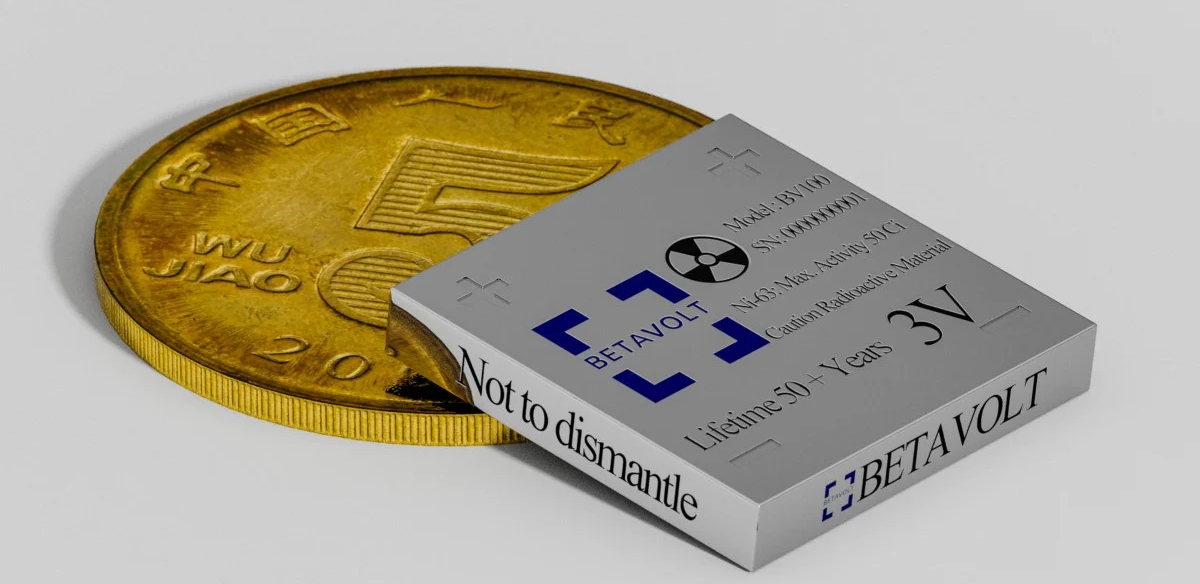It sounds like the stuff of science fiction, but a Chinese start-up company recently unveiled a nuclear battery with a five-decade lifespan.
A battery that outlasts the very devices it powers? A recent announcement by a Chinese firm claims the development of a groundbreaking battery capable of sustaining power generation for an astounding 50 years.
Beijing Betavolt New Energy Technology Co Ltd unveiled their innovation, termed the ‘nuclear battery,’ which harnesses the power of nickel-63, a nuclear isotope, decay technology, and diamond semiconductors. This combination allows for the miniaturization, modularization, and cost reduction of atomic energy batteries, as reported by Science and Technology Daily.
The underlying principle of the nuclear battery is isotope decay technology, first proposed in 1913 by British physicist Henry Moseley, which involves the capture of energy from the nuclear decay of radioactive elements.

The company’s maiden offering, the BV100 battery, boasts an impressive power output of 100 microwatts, operating at three volts, and measures a mere 15×15×5 millimeters, smaller than a standard coin. Nuclear batteries, also referred to as nuclear or radioactive isotope batteries, function by converting energy derived from the decay of nuclear isotopes into electricity.
The lifespan of a nuclear battery correlates with the half-life of the isotope used as its energy source. For instance, the half-life of nitrogen-16 is only 7.13 seconds, whereas potassium-40 is around 1.3 billion years. The BV100 uses nickel-63 as its radiation source, which has a half-life exceeding 100 years, ensuring it stays operational throughout its 50-year lifespan.
Notably, the energy density of nuclear batteries surpasses that of ternary lithium batteries by over tenfold. Remarkably, these batteries reportedly remain resistant to fire or explosions, even when punctured or subjected to impact, operating seamlessly within a temperature range of -60°C to 120°C.
Zhang Wei, CEO of the firm, asserts that their revolutionary nuclear battery guarantees stable power generation for half a century without requiring recharging or maintenance, emitting no external radiation.
Once mass-produced and introduced to the market, this innovation is poised to address the prolonged power supply needs of various sectors, including aerospace, artificial intelligence devices, medical equipment, microelectromechanical systems, sensors, small drones, and micro-robots.

Furthermore, if the power output is sufficient, mobile phones integrated with nuclear batteries may see the need for regular recharging wholly eliminated, while drones could operate continuously without requiring return trips for recharging.
Zhang further disclosed ongoing collaborations with domestic universities to develop higher-power batteries utilising strontium-90, promethium-147, and deuterium isotopes, suggesting a promising future for the advancement of energy storage technology.
"ExpatGo welcomes and encourages comments, input, and divergent opinions. However, we kindly request that you use suitable language in your comments, and refrain from any sort of personal attack, hate speech, or disparaging rhetoric. Comments not in line with this are subject to removal from the site. "



















